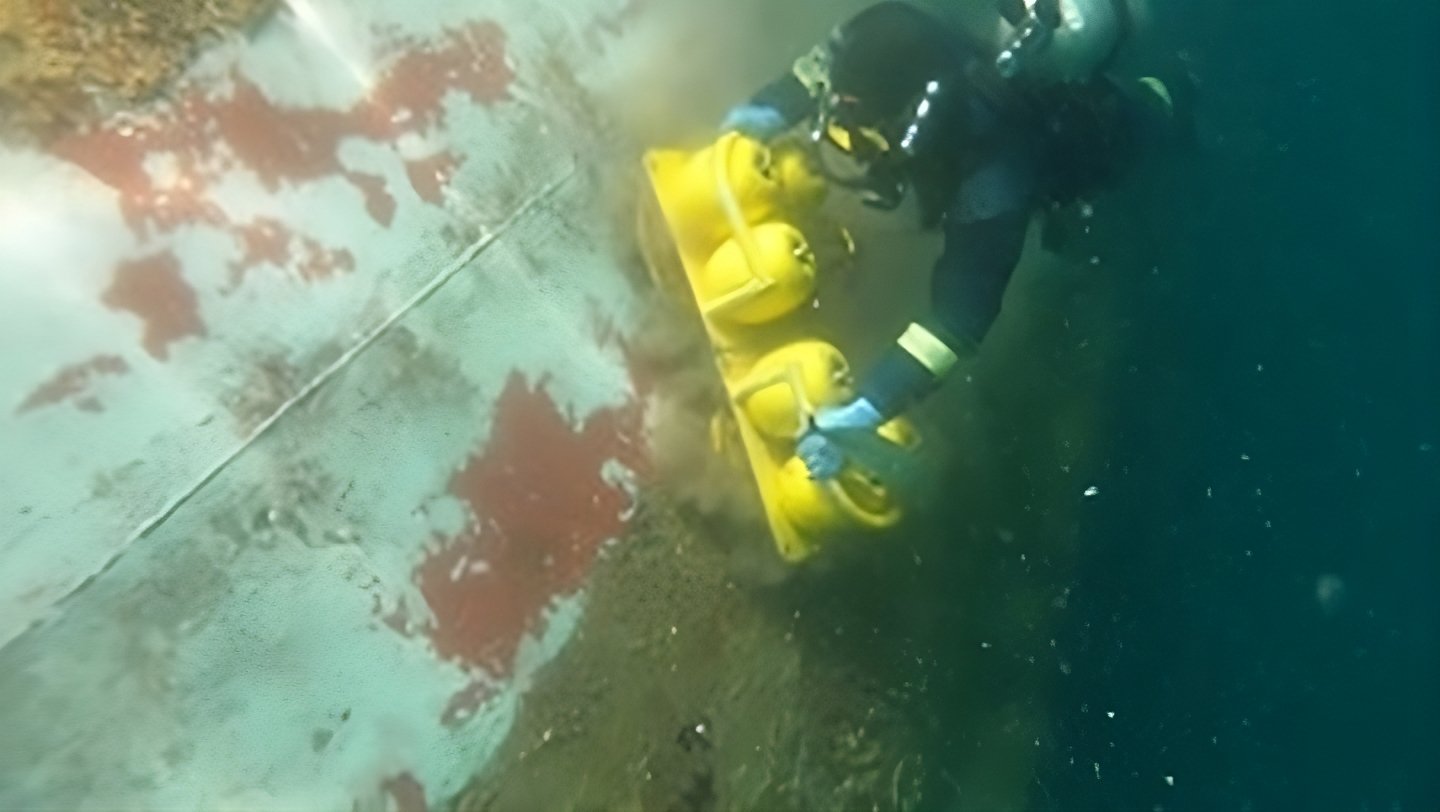Ship Optimization: How Organism Growth Affects Propeller
The growth of organisms on ship propellers is a critical factor that can significantly affect their performance. This phenomenon, known as marine fouling, influences propeller efficiency and, consequently, fuel economy. The importance of propeller polishing is crucial to counteract this problem and maintain optimal vessel seakeeping.

The Impact of Fouling on Propeller Efficiency
Marine fouling refers to the growth of organisms such as algae, mollusks and other microorganisms on the propeller surface. This growth can cause increased resistance to the ship’s forward motion, leading to a decrease in propeller efficiency. The accumulation of these organisms increases friction and thus fuel consumption.
Importance of Propeller Polish in Fouling Prevention
Propeller Polish is a technique that involves polishing the propellers to maintain a smooth surface and reduce the adhesion of marine organisms. This process removes existing fouling and prevents its rapid accumulation, thus improving propeller efficiency and reducing fuel consumption on ships.
Advantages of Propeller Polishing on Marine Efficiency
Propeller polishing not only contributes to efficiency by reducing fouling, but also prolongs propeller life and reduces the need for frequent maintenance. In addition, by improving propeller efficiency, emissions of harmful gases into the environment are reduced, thus promoting more sustainable practices in maritime navigation.
In conclusion, the growth of organisms on ship propellers can have a significant impact on their efficiency and fuel consumption. Propeller Polish emerges as an effective solution to mitigate this problem, ensuring more efficient and economical navigation, as well as increased propeller durability.
